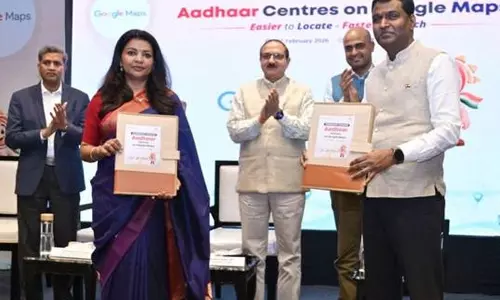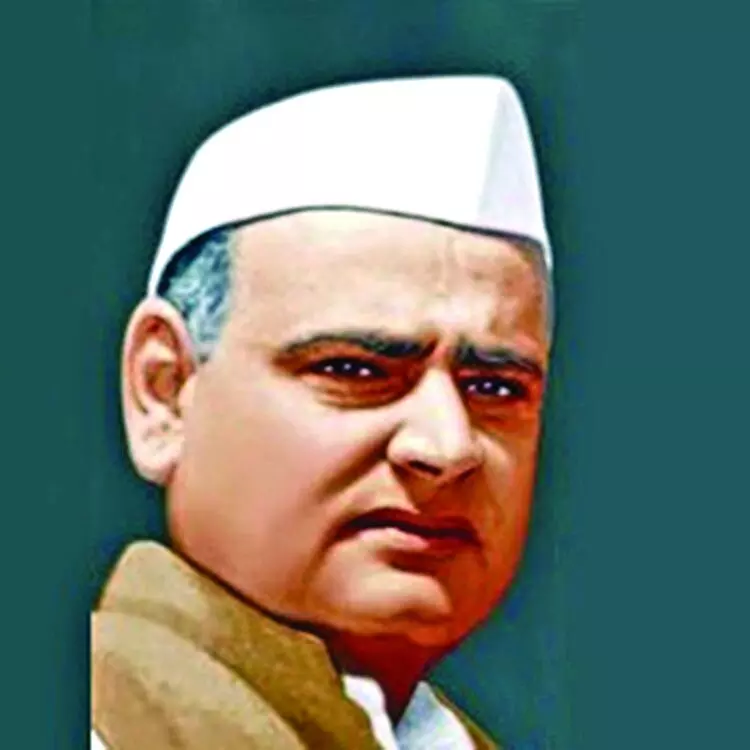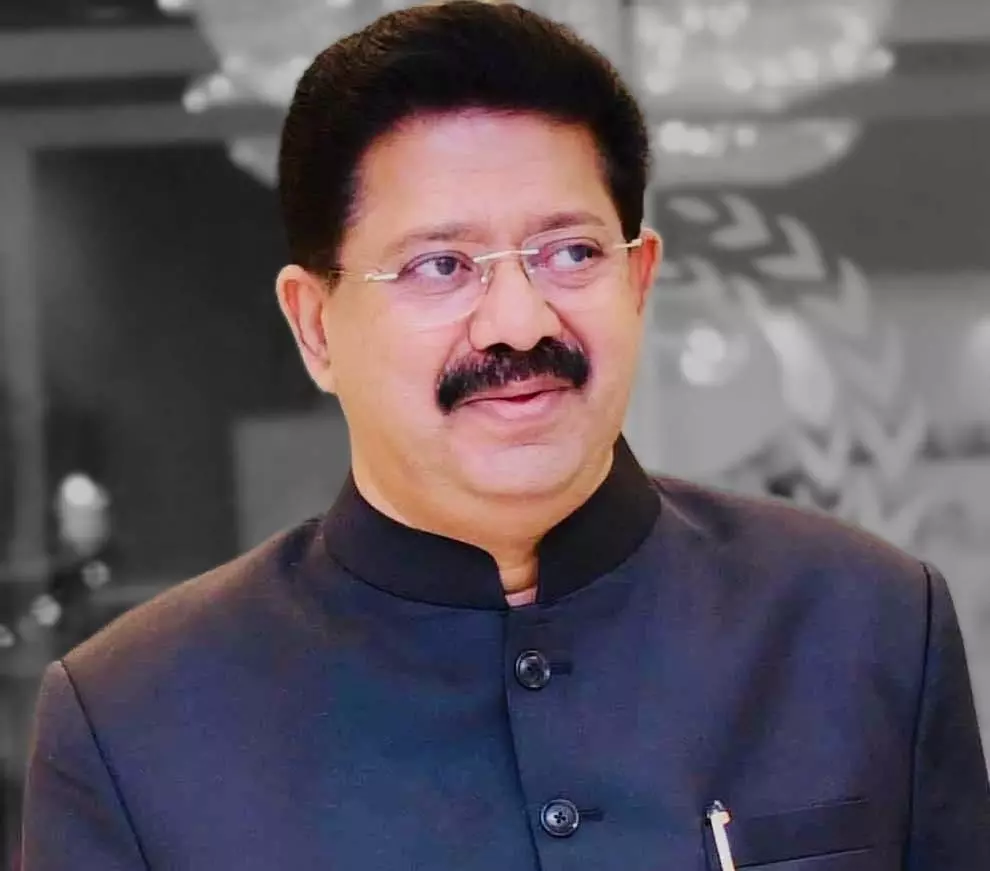
The overlooked Gandhi: a legacy for our times
text_fieldsThe life story of Feroze Gandhi is one that should inspire the Indian youth. As a crucial figure in the Indian freedom struggle from the 1930s, his influence on Indian history extended beyond the fight for independence.
Feroze Gandhi's father-in-law was the first Prime Minister of India during his lifetime and his wife became the only female Prime Minister in Indian history – which happened after Feroze Gandhi's death - and his son later became the youngest Prime Minister of India. However his identity was not confined to such relations only. Despite all this, even after sixty-four years on September 8, 2024, Feroze Gandhi bid farewell to the world, not many people remember him. He had an eventful life till he died prematurely of heart failure at the age of forty-seven.
As an elected member of the country's first parliament, Feroze Gandhi played a major role in shaping the democratic institutions we hold dear today. His contributions, especially in the areas of justice, transparency and freedom of the press, set an example for future generations.
One of the most important moments of Feroze Gandhi's parliamentary career was his maiden speech on December 6, breaking his long silence after being elected to Parliament in 1955. His one-hour-and-fifty-minute Parliament speech was a landmark in India's history, breaking new ground in government action and law-making after independence. His speech showcased his skill in studying and analysing facts and his ability to present them with clarity and conviction. It also paved the way for the nationalisation of the Life Insurance Corporation of India, a significant development in financial history. He was a strong advocate of nationalisation of the private sector. At that time he started a campaign for the nationalisation of financial institutions.
Due to Feroze Gandhi's unwavering stance against injustice and corruption, even though his father-in-law was the first Prime Minister of India, earned him the unofficial title of "Undeclared Leader of the Opposition" in Parliament.
Gandhi, who was also a journalist, always stood for the freedom of the press. His efforts led to a landmark change in India allowing the media to report on parliamentary proceedings. It is because of his intervention that today the public has the opportunity to know everything that is going on inside the Parliament and the media can report it.
This achievement by Feroze Gandhi not only strengthened the democratic processes but also enriched the role of the media as the watchdog of the state. Despite many contributions to nation building, Feroze Gandhi's legacy was often overshadowed by rumours and false propaganda. Even today, lies and stories are circulated that tarnish Feroze Gandhi's legacy and name.
Feroze Gandhi’s parents were Parsis or Zoroastrians. India has the largest population of Zoroastrians in the world. Zoroastrians are known as Parsis in India. Dadabai Navroji and Feroze Shah Mehta, who held a unique place in the history of Indian freedom struggle, were Parsis. JRD Tata, the industrialist and founder of the Tata Group, and his son Ratan Tata are Parsis. Homi Jahangir Baba, who was a scientific genius, and General Manek Shah, India's first Army Marshal, are Parsis who are marked in Indian history.
Feroze Gandhi's Parsi family moved from Gujarat to the then Bombay. The name Gandhi was common at that time, being attached to the name of many Parsi families who were traders in Gujarat. Feroze Gandhi's name was written in English as Feroze Ghandy when he was a student until the age of 18. In 1930, he, as a teenager who jumped from student life to the freedom struggle arena, later changed the English letters of his name "Ghandy" to "Gandhi" out of admiration for Gandhiji while writing his name.
When Feroze Gandhi was arrested in 1933, English newspapers reported it spelling his name as Feroze Gandhi. Many people spread many other stories after his time without knowing this history. When Gandhiji took the initiative to marry Feroze with Indira (1942), one of the canards spread was that Feroze became Gandhi through adoption. Stories were also circulated that Feroze Gandhi's father was Khan, a Muslim.
Courage, honesty and unwavering commitment to justice were the hallmarks of Feroze Gandhi's life journey. He was an anti-imperialist-colonialist and a symbol of perfect democratic secular values.
As our country stands at a turning point in history with the need to rebuild and revitalise our democratic institutions, it is more important than ever to remember the life of and and reinvent the values held dear by Feroze Gandhi. The Modi government has already transferred 3.5 percent share to the private sector as part of the privatisation of LIC, which was nationalised with Feroze Gandhi's intervention. There are moves to transfer the majority share to the private sector. Feroze Gandhi was one of the first to realise that there can be no real democracy in the country if corporates, profiteers, and monopolists control the back doors of Parliament. And he was the person who strongly raised his voice against them.
Feroze Gandhi's life reminds us what it means to lead a life with integrity and serve with purpose. At this time Feroze Gandhi should be remembered from history not only as a chapter of the past. Memories of Feroze Gandhi are as much relevant in the present as they are a blue print for the future.






















